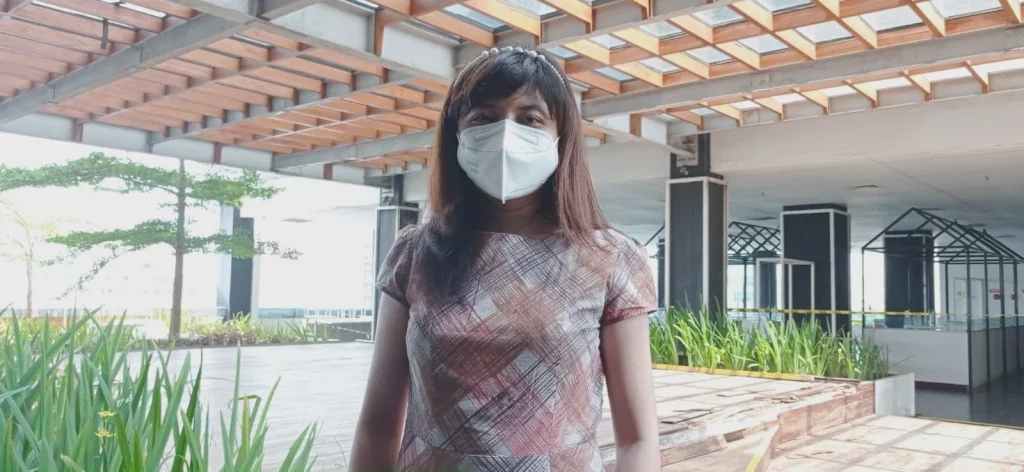UNAIR NEWS – Yong Hye In, a Korean female politician, gained public attention after bringing her toddler to a press conference. On Children’s Day, Yong denounced the “No Kids” policies in South Korea at the National Assembly in Seoul.
Structural and cultural problems
Politics, Gender, and Democracy lecturer Universitas Airlangga, Febby Risti Widjayanto SIP MSc expressed her opinion on the matter. She believed that Yong’s symbolic action highlights the structural and cultural problems in gender equality, especially for women and children. Through her action, the politician voiced the frustration of South Korean society in perpetuating patriarchal culture.
It also highlighted the double burden women often experience in various aspects of life, including politics and work, especially related to their double role: pursuing a career and nurturing the family.

“She has the privilege to make political communications with the press. This is one of the pinnacle forms of symbolic protest against gender inequality in South Korea,” said Febby, who has conducted field research on decentralized maternal and child health policies in Uganda, Africa.
Struggle for gender justice
Febby saw that the steps taken deserve appreciation in fighting for gender justice. It serves as shock therapy for the government in developing policies that prioritize a gender perspective. Especially regarding public policies, the government must review the gender equality perspective.
“If South Korea, being considered a developed country, still faces gender issues, it indicates that the progress of sustainable development is not going well,” Febby said.
Reflecting gender equality
The phenomenon also reflects the frustration of a politician towards the government that is not enforcing gender-responsive policies seriously for the wider society. Such representation depicts the voice of millions of families in South Korea who are disadvantaged by gender-discriminative policies.
“The global society and community perceive the gender inequality situation as extremely poor. There will be international pressure on the South Korean Government to bring about structural and cultural reforms in every policy to promote gender justice,” she said.
Author: Satriyani Dewi Astuti
Editor : Binti Q. Masruroh









